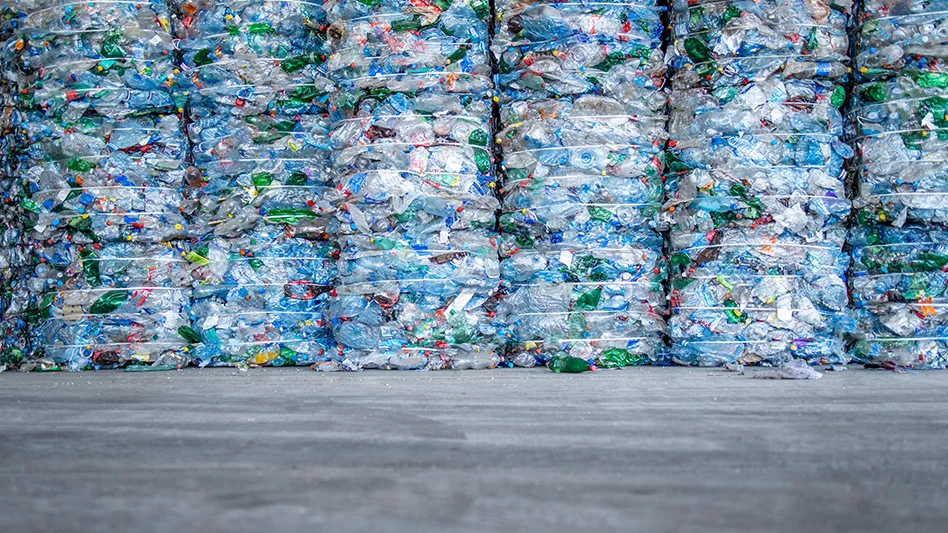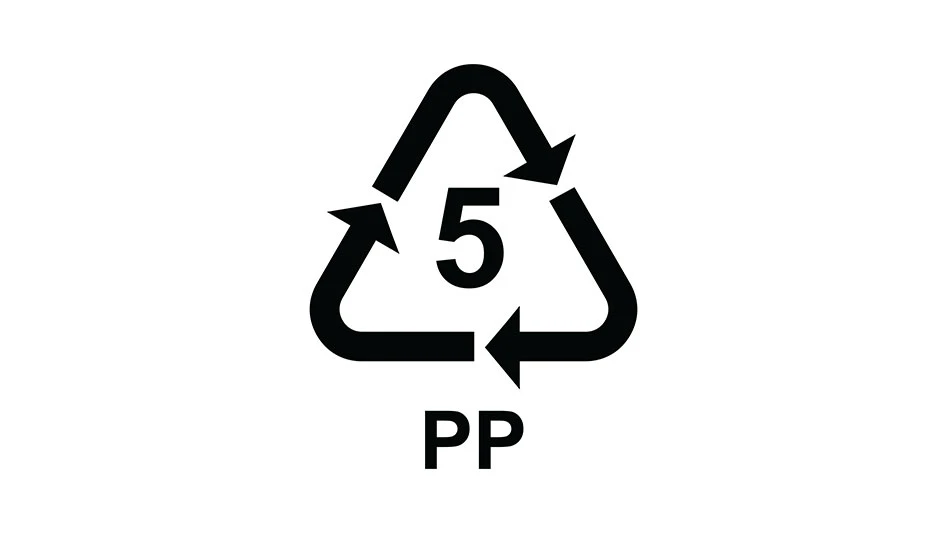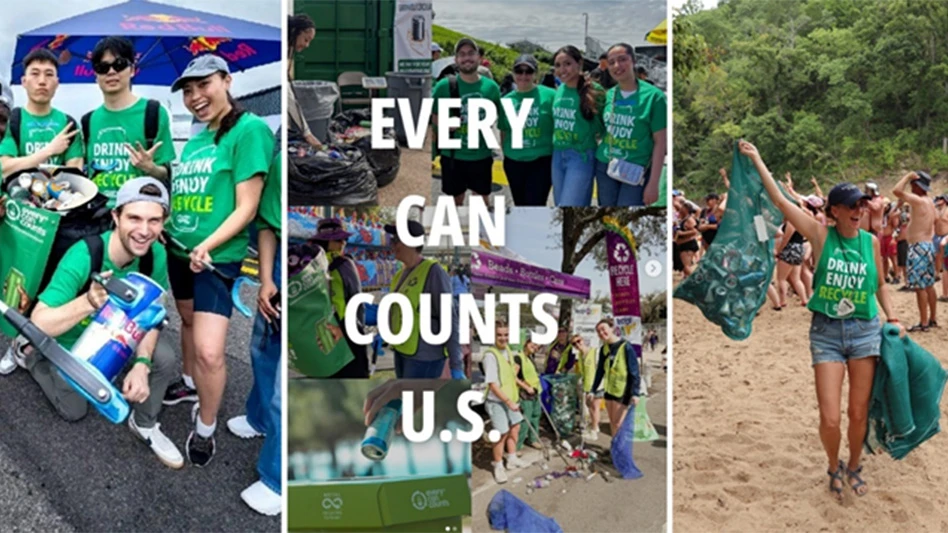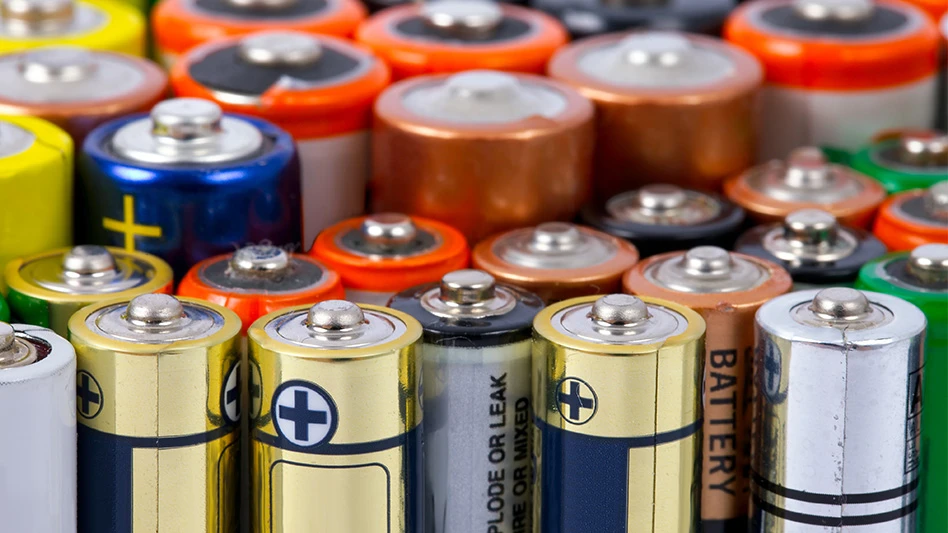
The Fishing for Energy partnership announced that more than three million pounds of old fishing gear and marine debris have been removed from United States waterways and coastlines since 2008 and converted into clean, renewable energy. Fishing for Energy, a partnership between the National Fish and Wildlife Foundation (NFWF), Washington, D.C., the National Oceanic and Atmospheric Administration (NOAA) Marine Debris Program, Washington D.C., Covanta, Morristown, New Jersey, and Schnitzer Steel Industries, Portland, Oregon, has successfully worked with local commercial fishermen and ports to collect and responsibly dispose of thousands of abandoned fishing traps and other unwanted gear.
Get curated news on YOUR industry.
Enter your email to receive our newsletters.
Latest from Recycling Today
- NWRA accepting hall of fame nominations
- Nucor says current quarter will offer leaner profits
- Bantam Materials hits 20th birthday
- Closed Loop Partners deploys $10M loan to GreenMantra Technologies
- Petroleum, auto industry EPR compliance program approved in Colorado
- Batteries Plus, Dallas Cowboys launch multiyear partnership
- rPlanet Earth closes its doors
- Analysis: China’s metals sector continues to influence global markets






